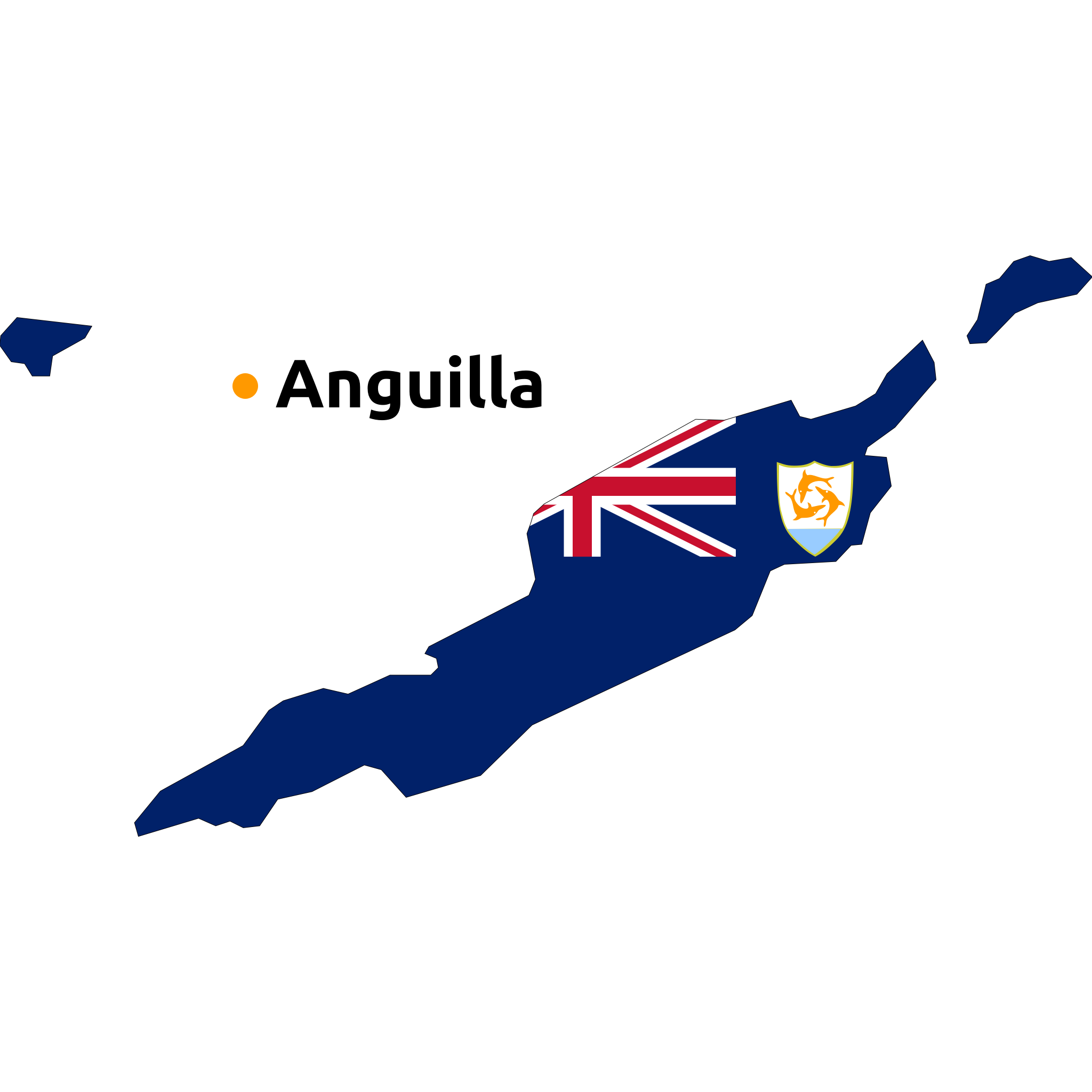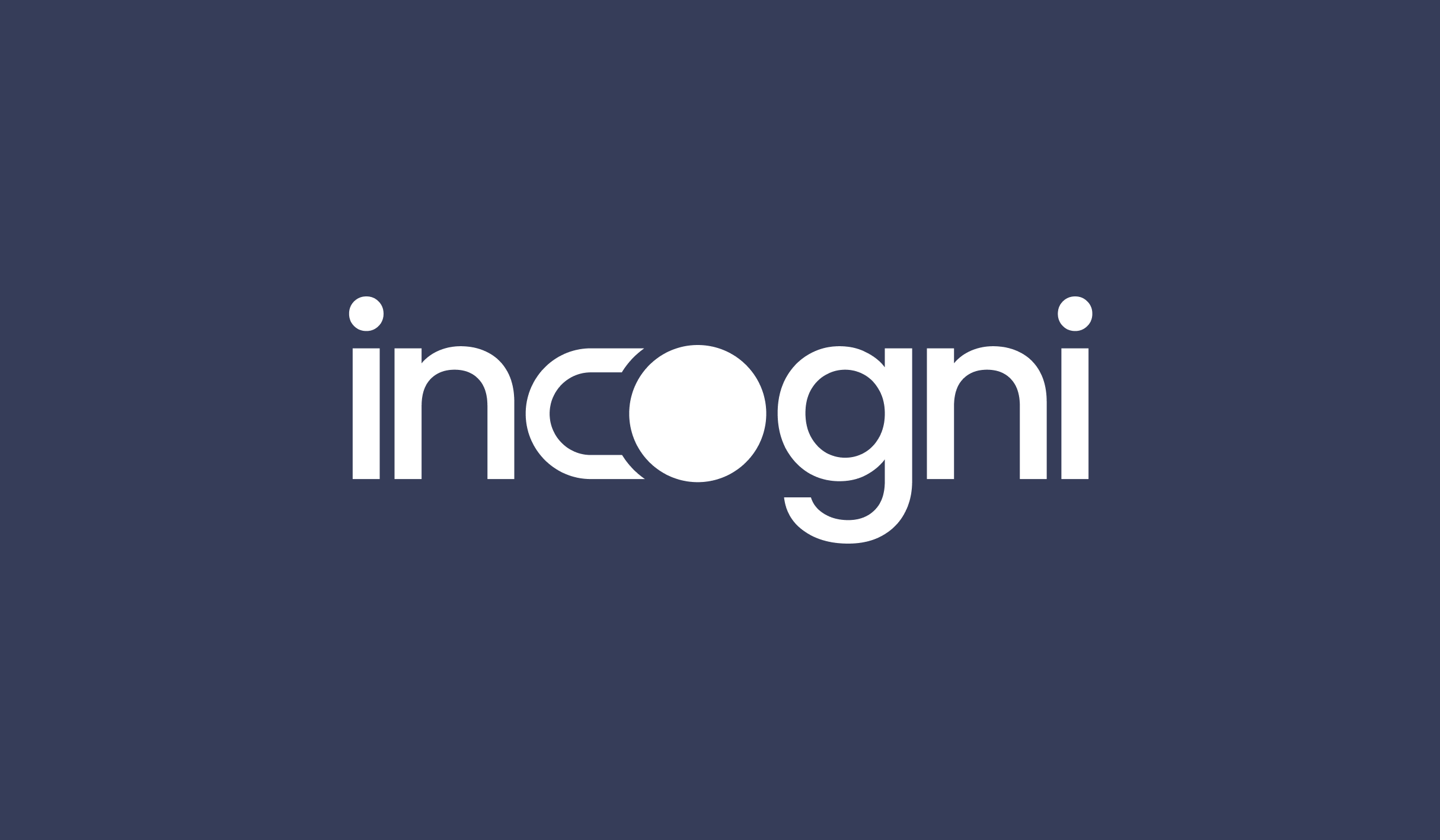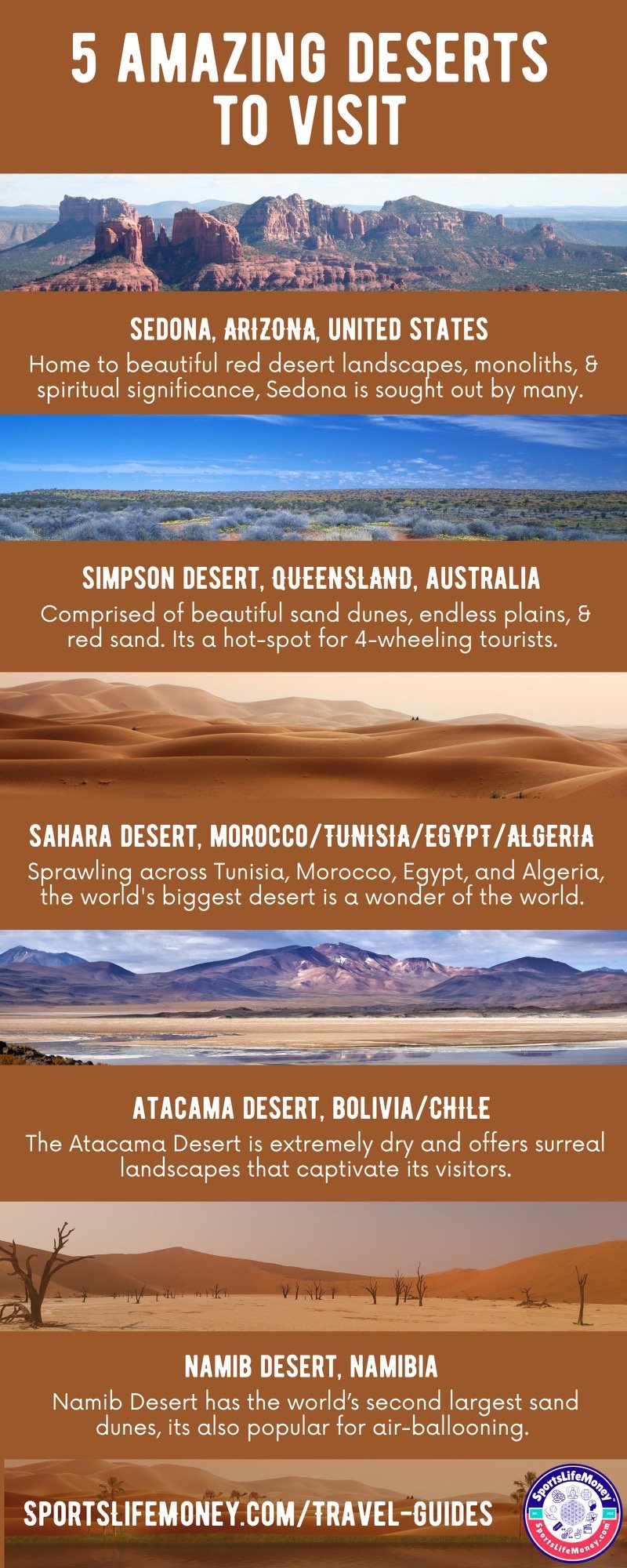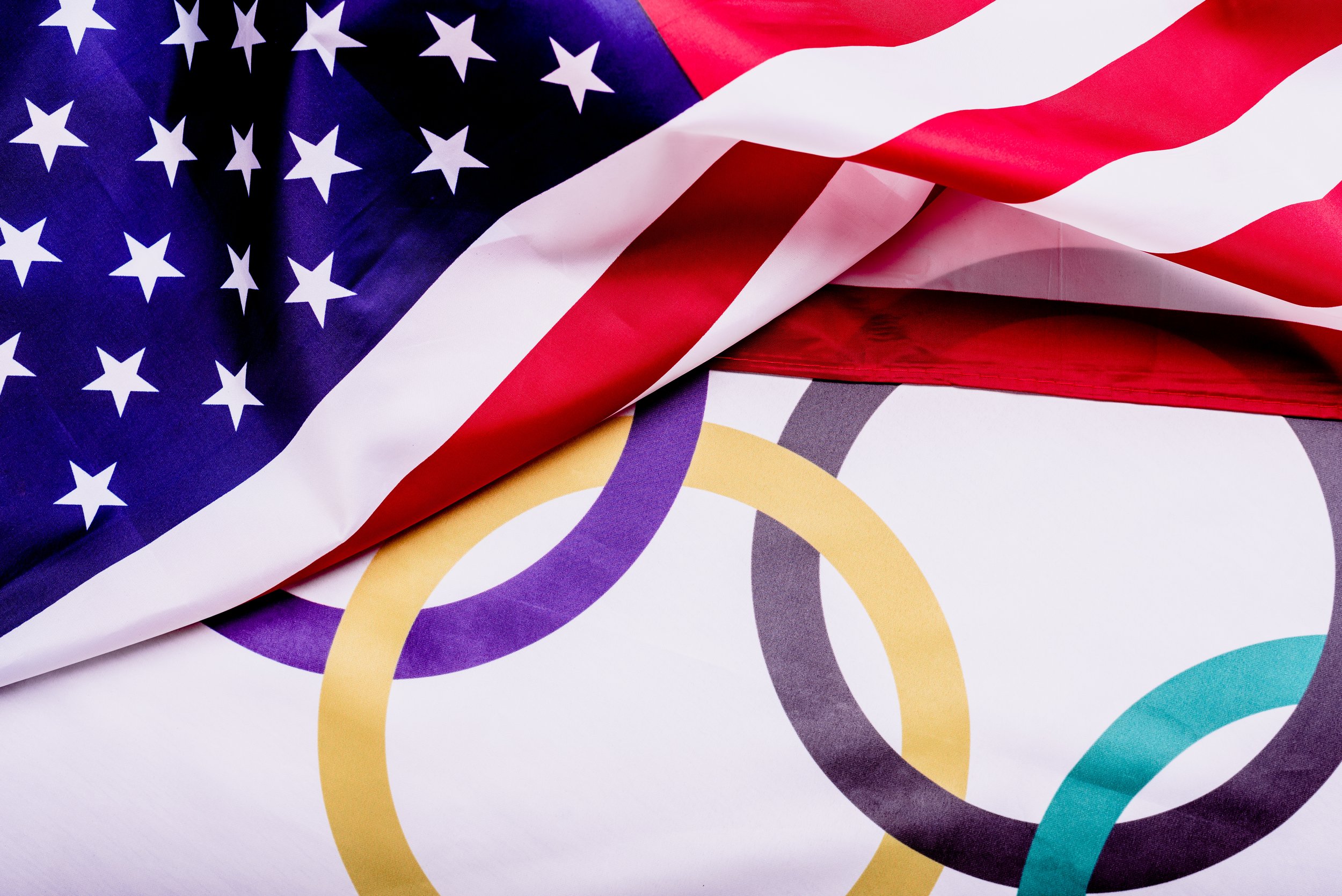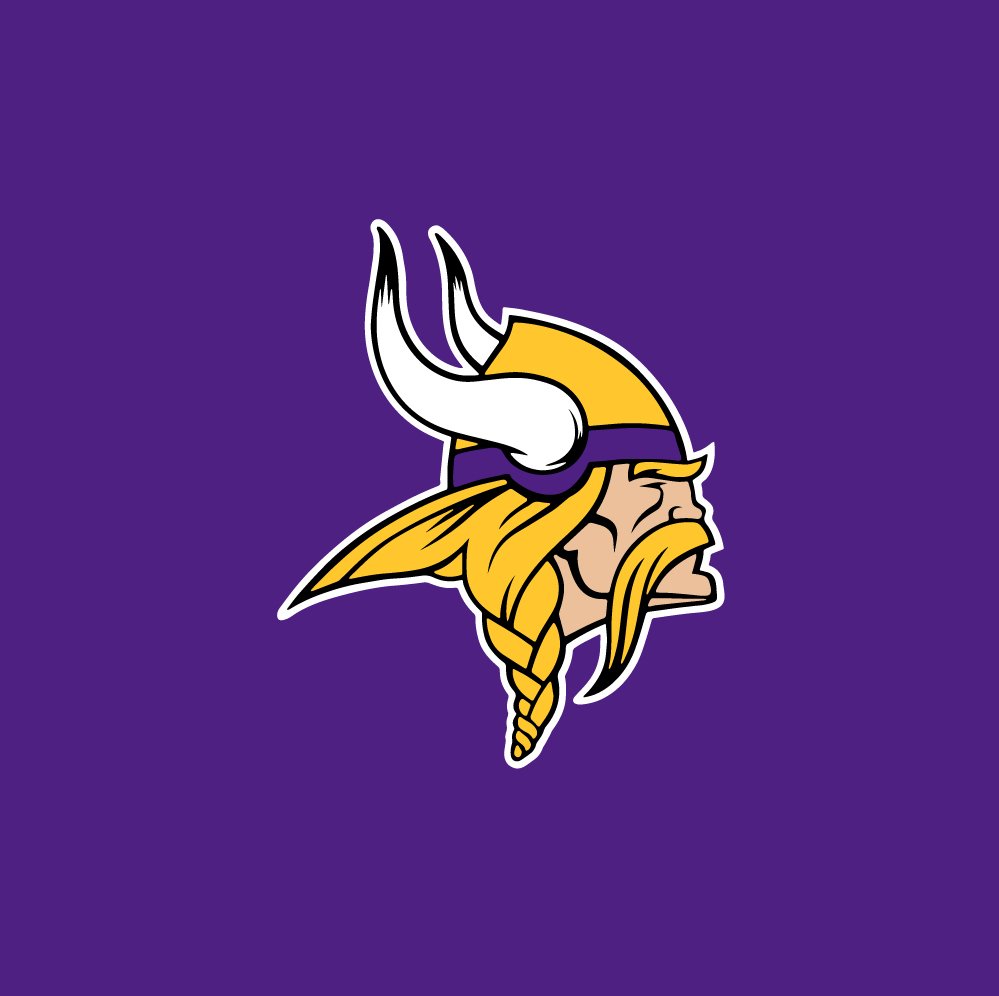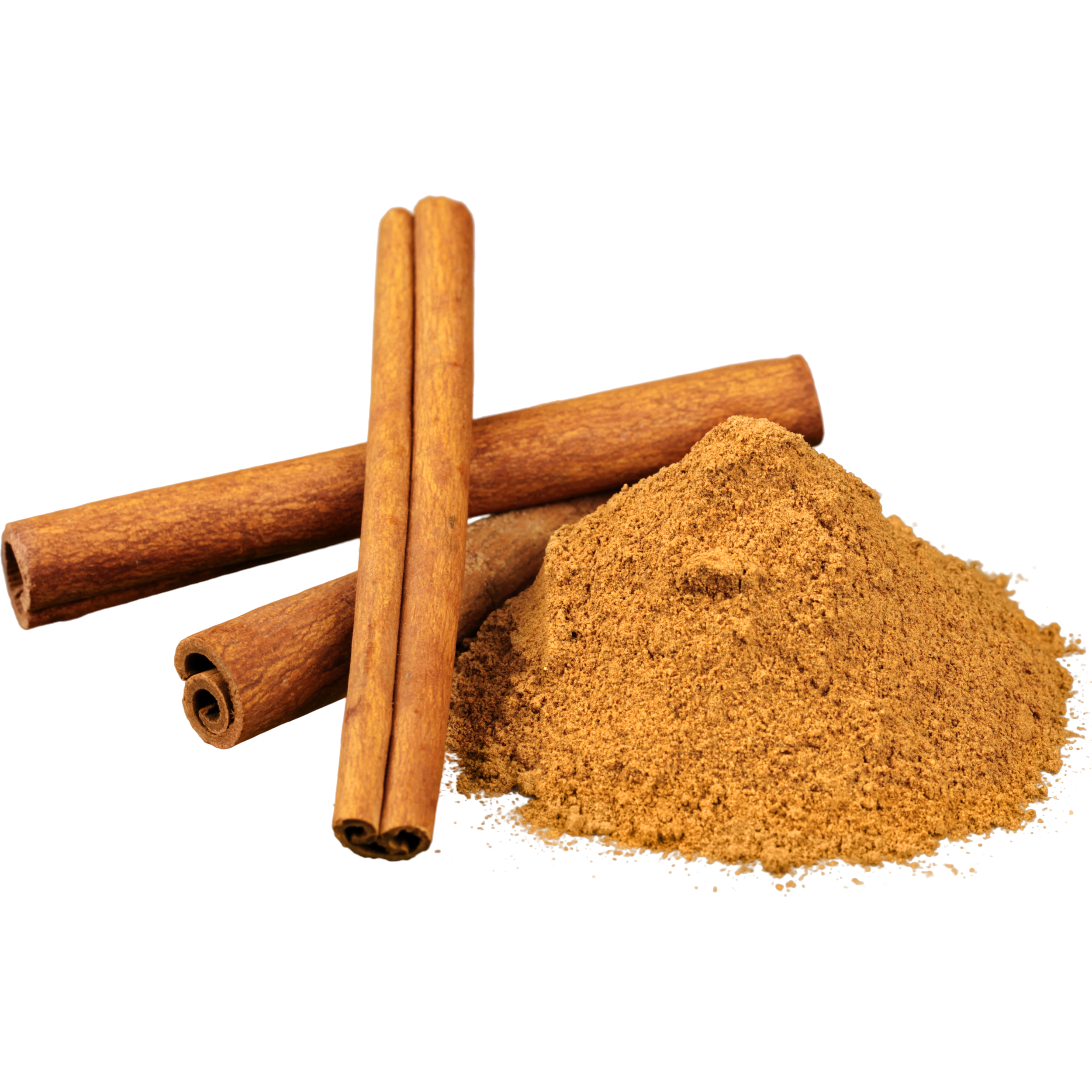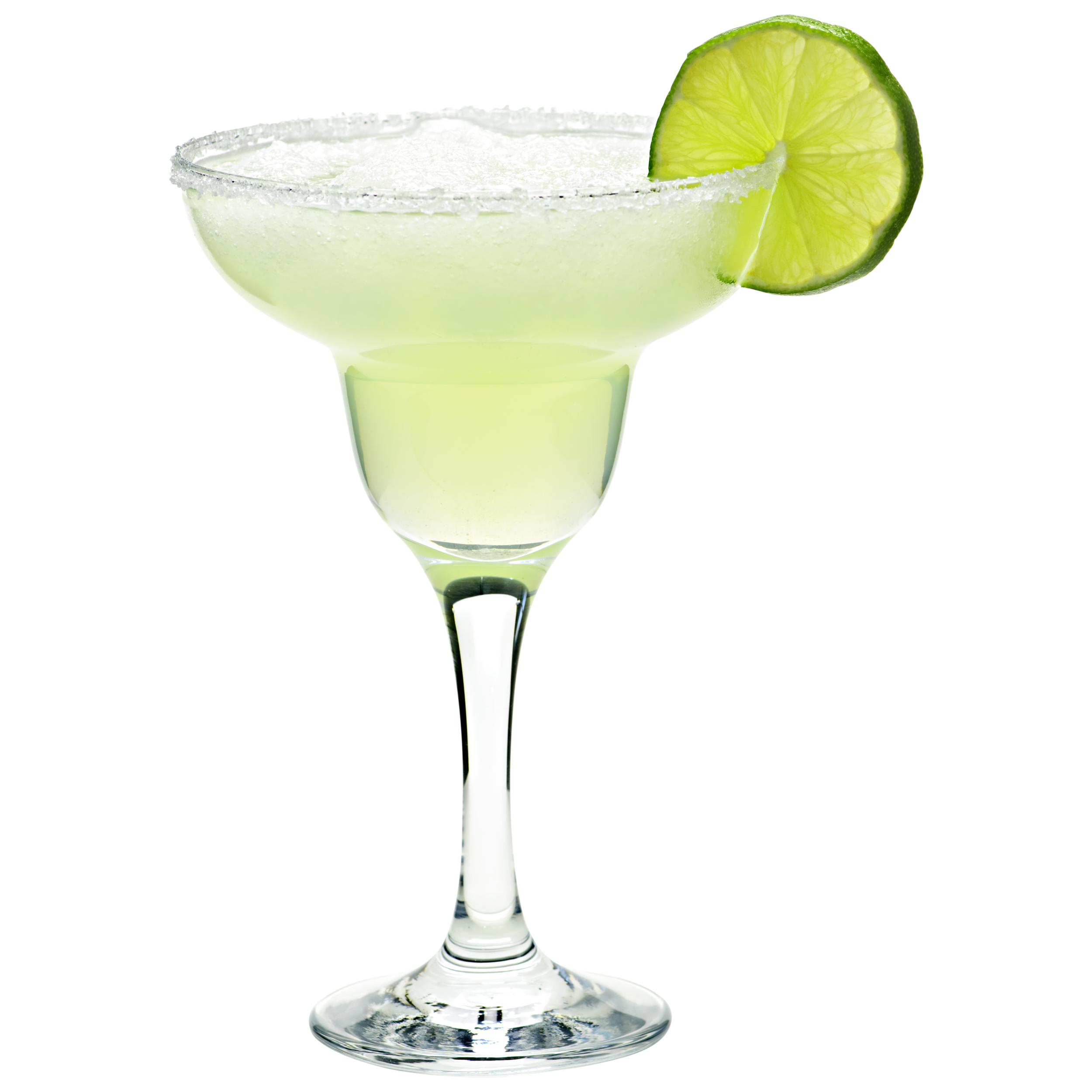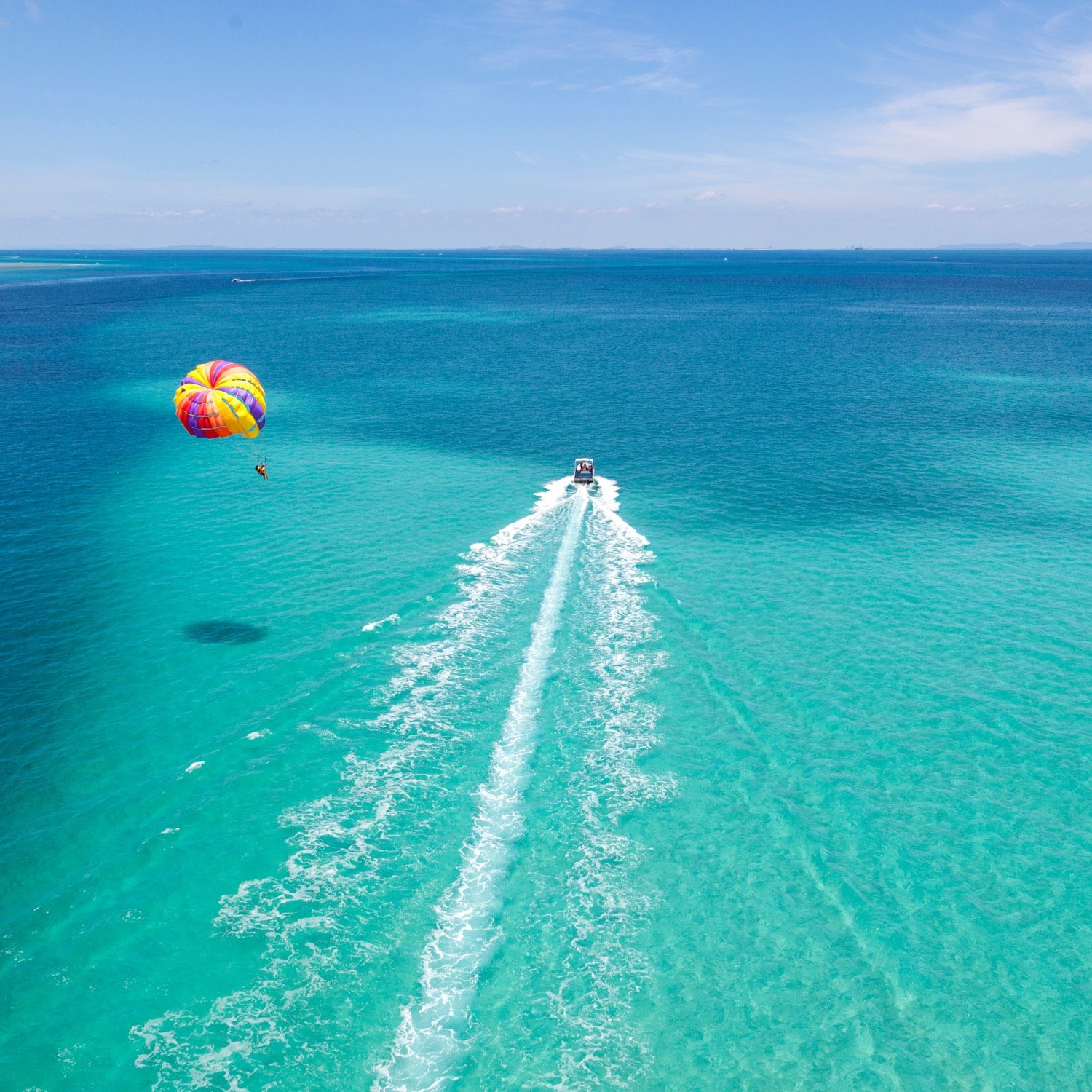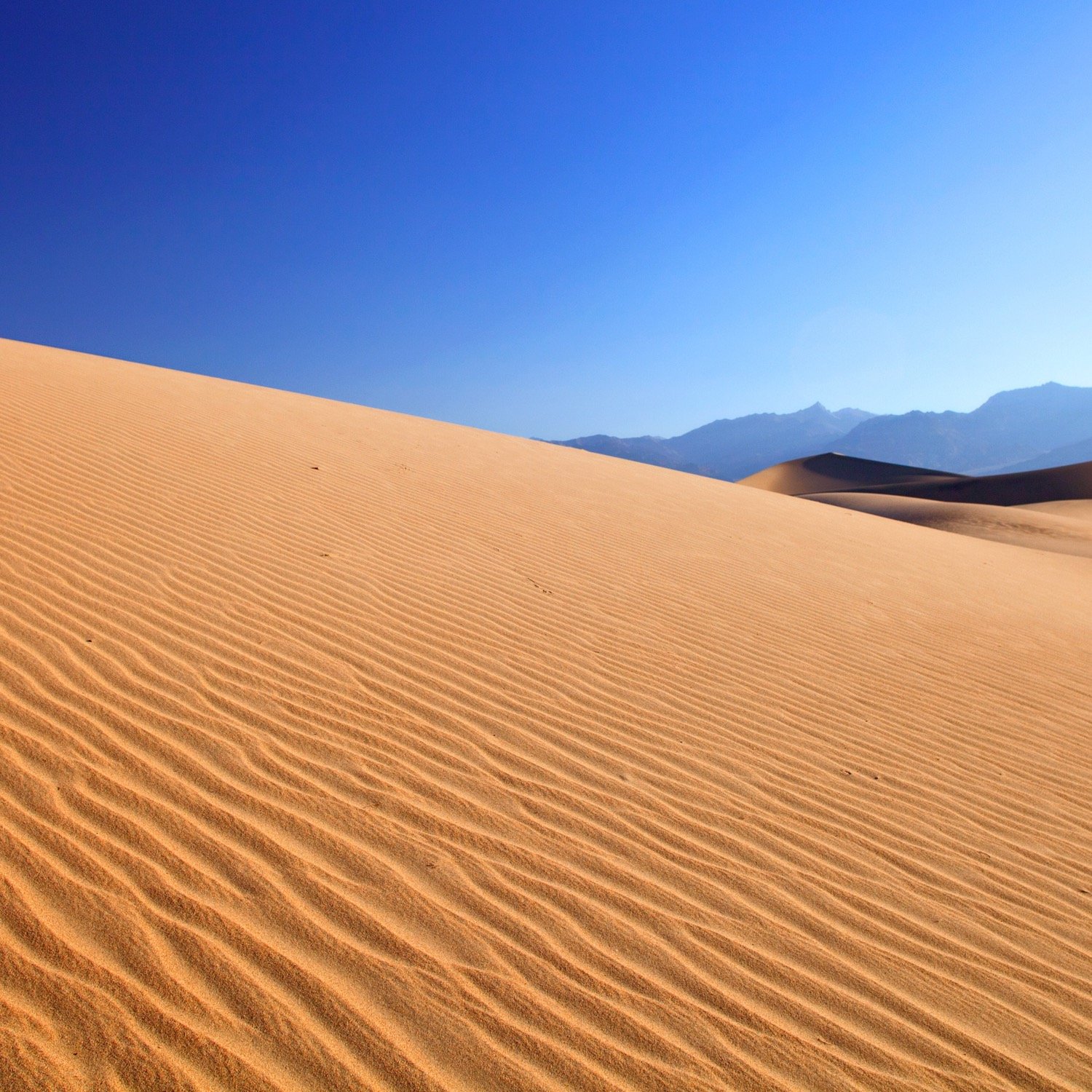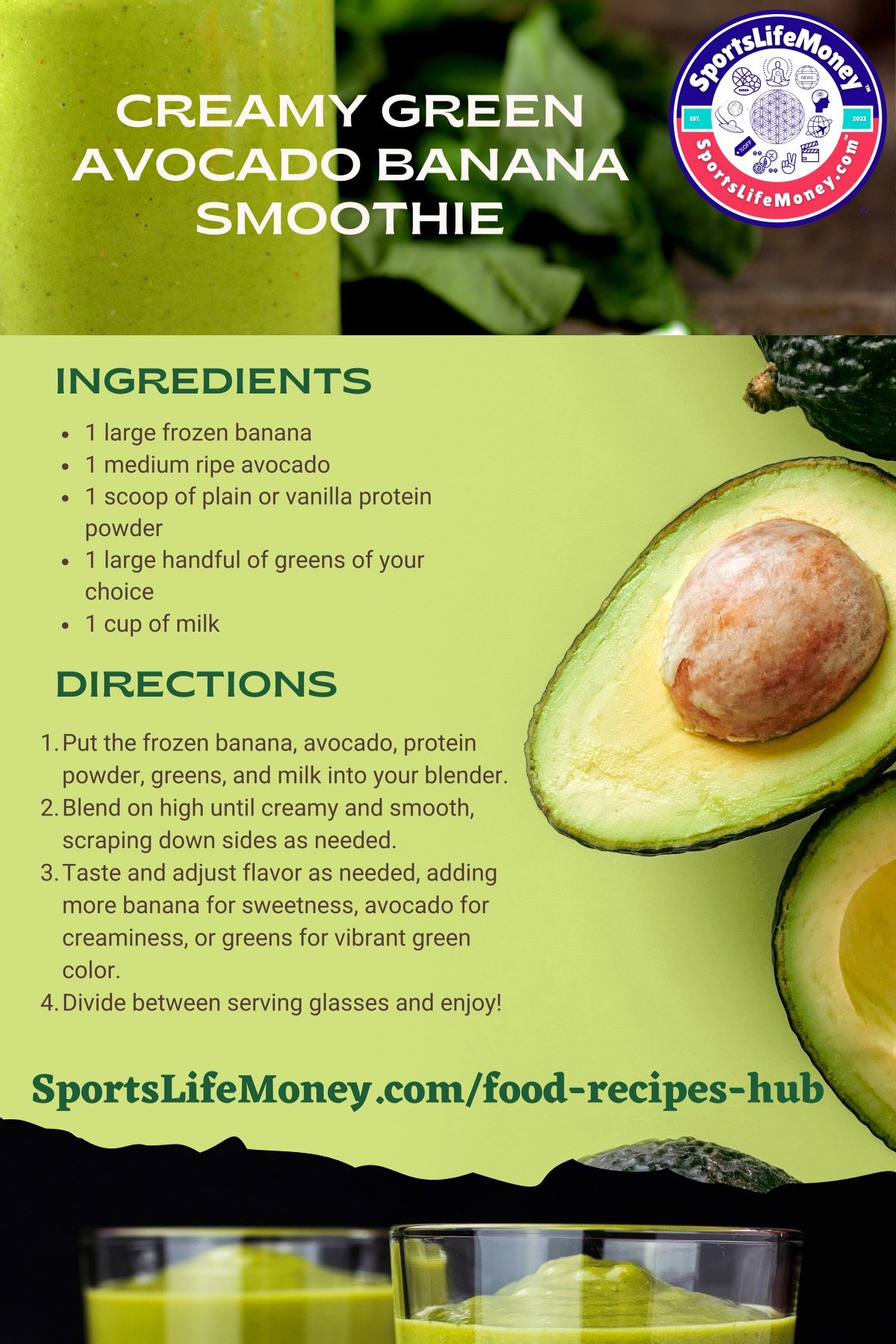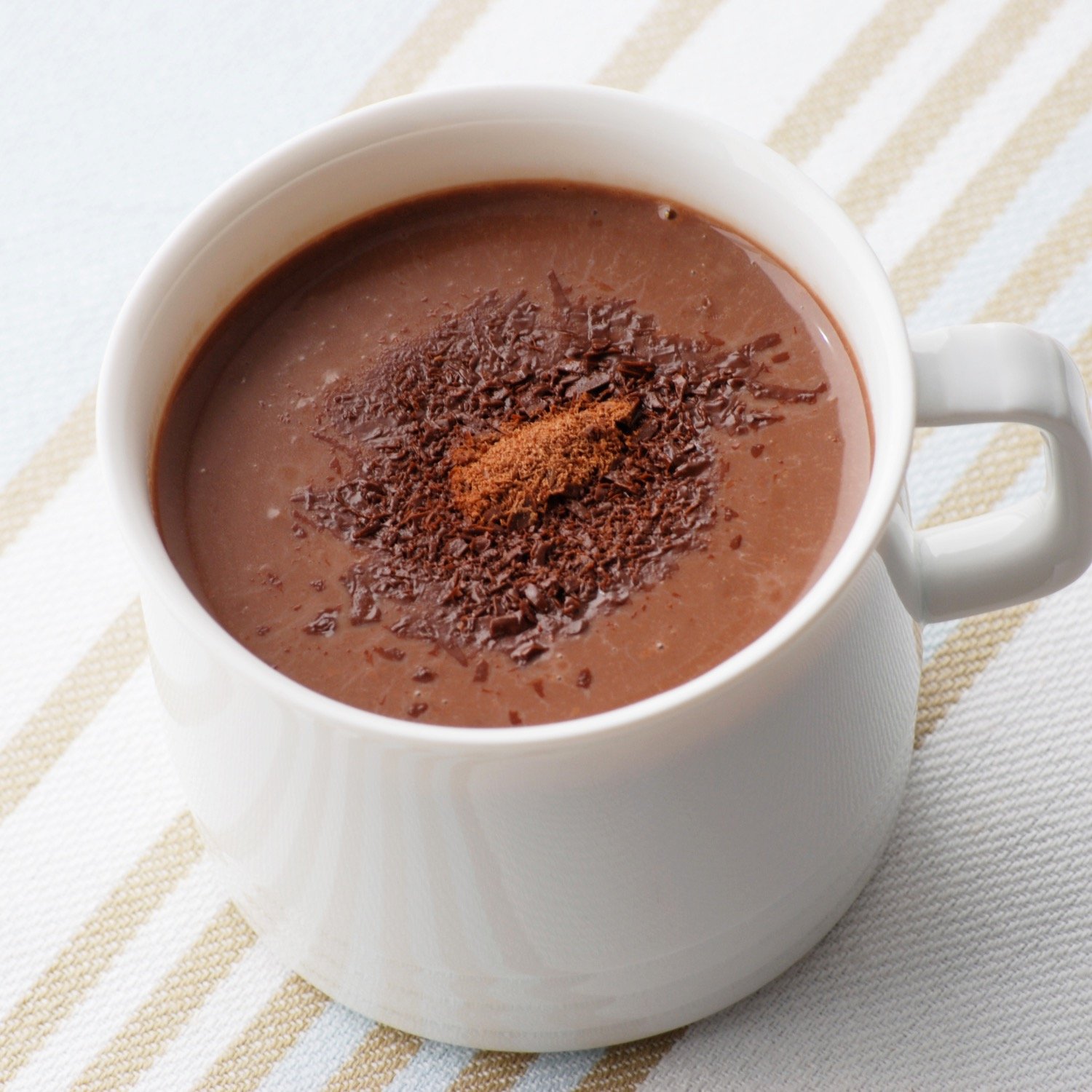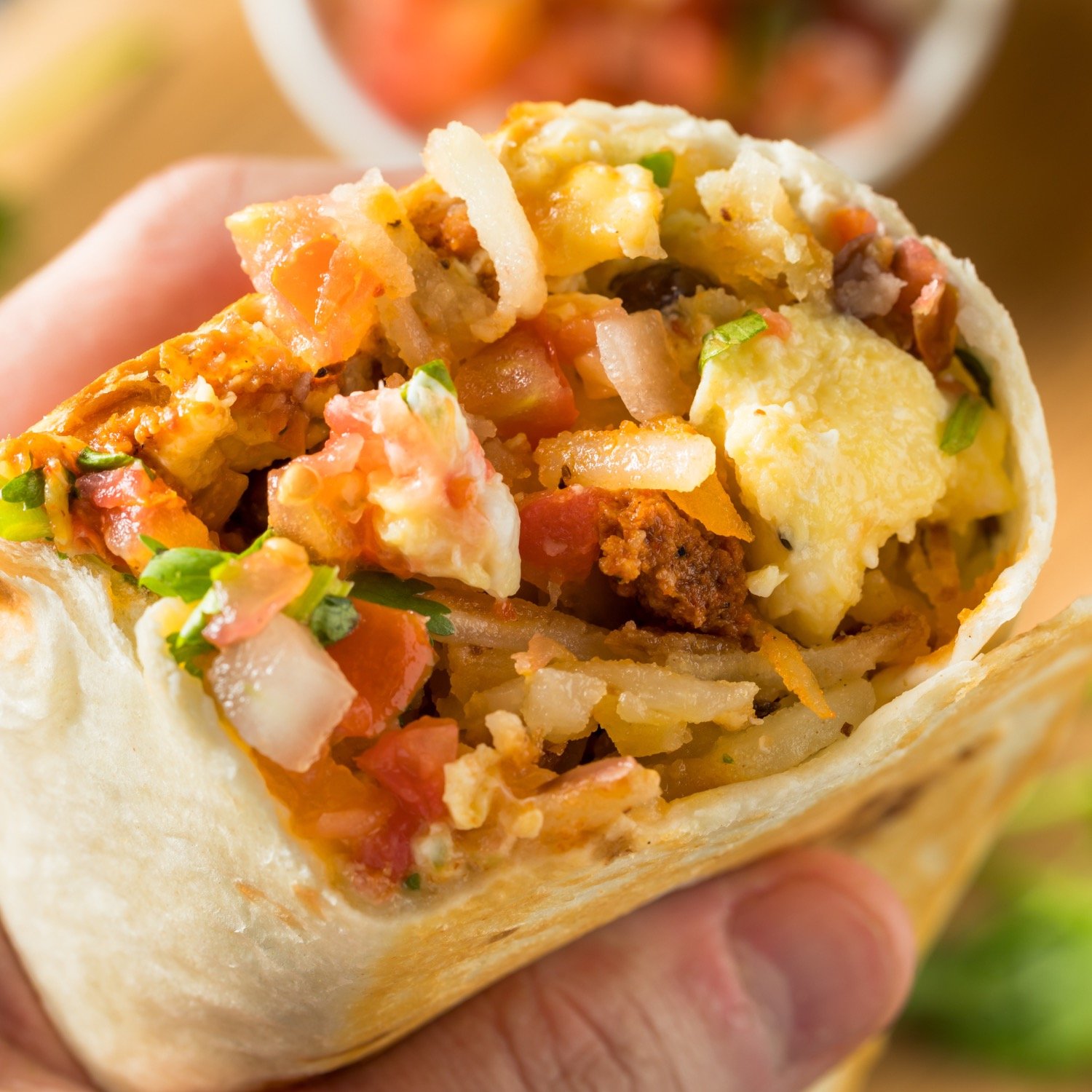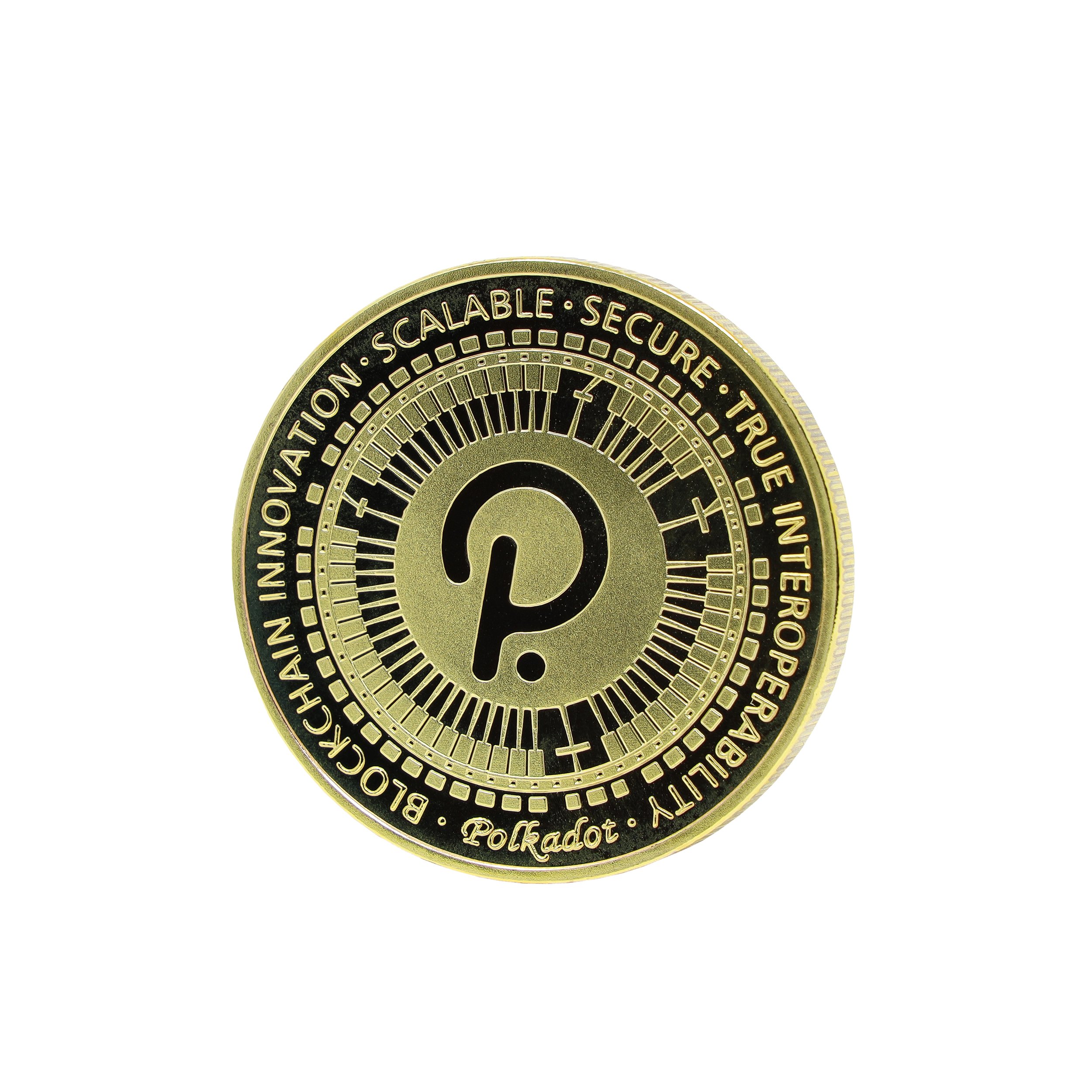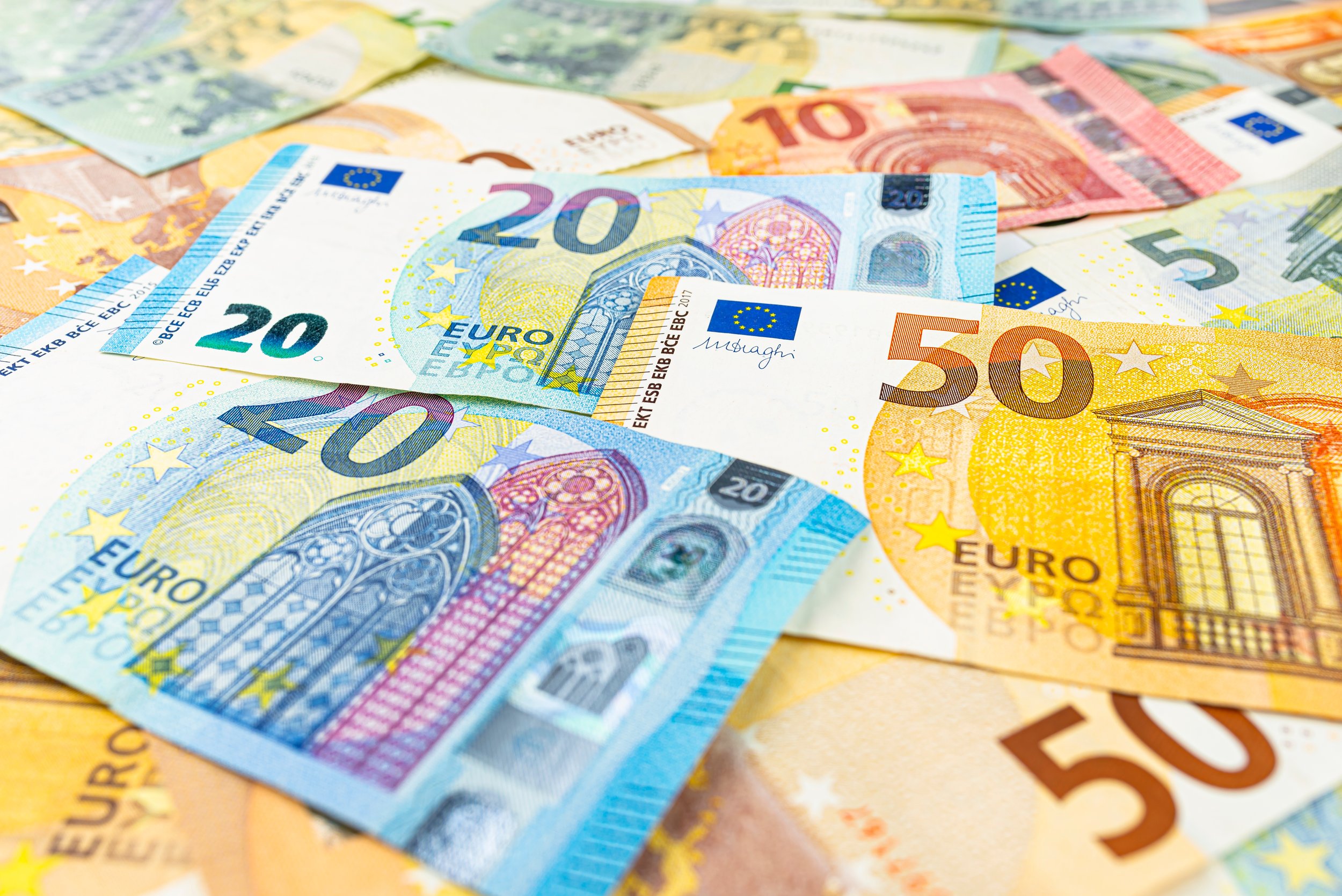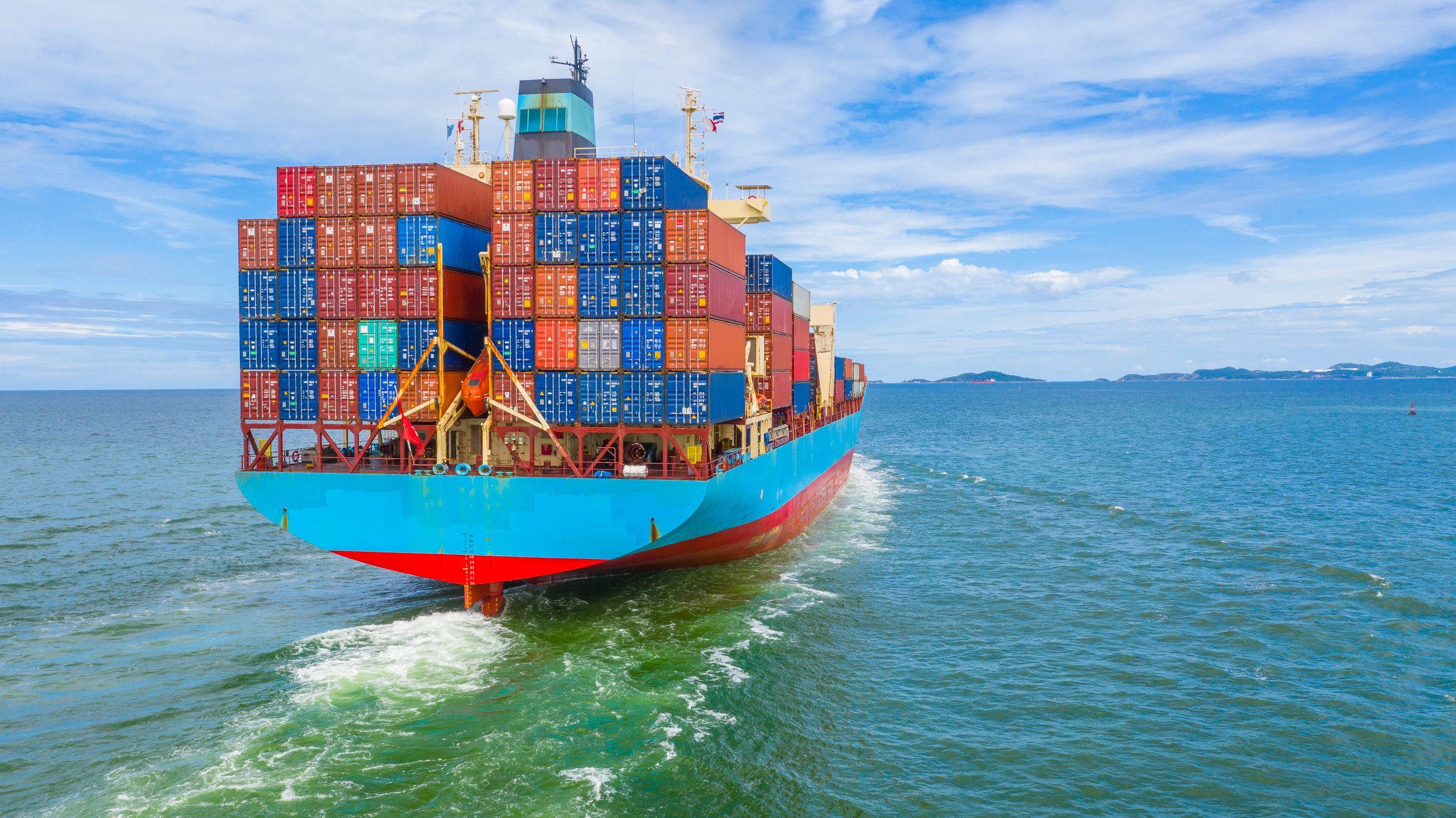Country Summary: Burundi

Country Name: Burundi
Capital: Gitega
Official Visa & Travel Information: Ministry of Foreign Affairs, Republic of Burundi (Visa Information)
Government Type: presidential republic
Background: Established in the 1600s, the Burundi Kingdom has had borders similar to those of modern Burundi since the 1800s. Burundi’s two major ethnic groups, the majority Hutu and minority Tutsi, share a common language and culture and largely lived in peaceful cohabitation under Tutsi monarchs in pre-colonial Burundi. Regional, class, and clan distinctions contributed to social status in the Burundi Kingdom, yielding a complex class structure. German colonial rule in the late 19th and early 20th centuries and Belgian rule after World War I preserved Burundi’s monarchy. Seeking to simplify administration, Belgian colonial officials reduced the number of chiefdoms and eliminated most Hutu chiefs from positions of power. In 1961, the Burundian Tutsi king’s oldest son, Louis RWAGASORE was murdered by a competing political faction shortly before he was set to become prime minister, triggering increased political competition that contributed to later instability. Burundi gained its independence from Belgium in 1962 as the Kingdom of Burundi.
Revolution in neighboring Rwanda stoked ethnic polarization as the Tutsi increasingly feared violence and loss of political power. A failed Hutu-led coup in 1965 triggered a purge of Hutu officials and set the stage for Tutsi officers to overthrow the monarchy in 1966 and establish a Tutsi-dominated republic. A Hutu rebellion in 1972 that resulted in the death of several thousand Tutsi civilians sparked a brutal crackdown on Hutu civilians by the Tutsi-led military, which ultimately killed 100,000-200,000 people. International pressure led to a new constitution in 1992 and democratic elections in June 1993. Burundi's first democratically elected president, Hutu Melchior NDADAYE, was assassinated in October 1993 after only 100 days in office by Tutsi military officers fearing Hutu domination, sparking a civil war. His successor, Cyprien NTARYAMIRA, died when the Rwandan president’s plane he was traveling on was shot down in April 1994, which triggered the Rwandan genocide and further entrenched ethnic conflict in Burundi. The internationally brokered Arusha Agreement, signed in 2000, and subsequent cease-fire agreements with armed movements ended the 1993-2005 civil war. Burundi’s second democratic elections were held in 2005, resulting in the election of Pierre NKURUNZIZA as president. He was reelected in 2010 and again in 2015 after a controversial court decision allowed him to circumvent a term limit. President Evariste NDAYISHIMIYE - from NKURUNZIZA’s ruling party - was elected in 2020.
Continent: Africa
Population: 13,162,952 (2023 est.)
Ethnic Groups: Hutu, Tutsi, Twa, South Asian
Languages: Kirundi (official), French (official), English (official, least spoken), Swahili (2008 est.)
Religions: Christian 93.9% (Roman Catholic 58.6%, Protestant 35.3% [includes Adventist 2.7% and other Protestant religions 32.6%]), Muslim 3.4%, other 1.3%, none 1.3% (2016-17 est.)
Economic Overview: highly agrarian, low-income Sub-Saharan economy; declining foreign assistance; increasing fiscal insolvencies; dense and still growing population; COVID-19 weakened economic recovery and flipped two years of deflation
Currency: Burundian Franc (BIF)
Reserves of Foreign Exchange & Gold: $163.238 million (2022 est.) note: holdings of gold (year-end prices)/foreign exchange/special drawing rights in current dollars
Real GDP (Purchasing Power Parity): $9.128 billion (2022 est.) note: data in 2017 dollars
Real GDP Growth Rate: 1.85% (2022 est.) note: annual GDP % growth based on constant local currency
Real GDP per Capita: $700 (2022 est.) note: data in 2017 dollars
Exports:
$285.105 million (2018 est.) note: balance of payments - exports of goods and services in current dollars
Comparison Ranking: 197
Export Commodities: gold, coffee, tea, raw earth metal ores, beer (2021); note: rare earth metal ores include zirconium, vanadium, tantalum, and niobium
Export Partners: United Arab Emirates 50%, Democratic Republic of the Congo 7% (2019)
Imports:
$905.294 million (2018 est.) note: data are in current year dollars; note: balance of payments - imports of goods and services in current dollars
Comparison Ranking: 191
Import Commodities: refined petroleum, packaged medicines, cement, raw sugar, cars (2019)
Import Partners: China 14%, Saudi Arabia 14%, India 9%, Kenya 7%, United Arab Emirates 7%, Tanzania 5%, Zambia 5% (2019)
Natural Resources: nickel, uranium, rare earth oxides, peat, cobalt, copper, platinum, vanadium, arable land, hydropower, niobium, tantalum, gold, tin, tungsten, kaolin, limestone
Agricultural Products: cassava, bananas, sweet potatoes, plantains, beans, vegetables, potatoes, cashew nuts, maize, taro
Industries: light consumer goods (sugar, shoes, soap, beer); cement, assembly of imported components; public works construction; food processing (fruits)
Industrial Production Growth Rate:
3.16% (2022 est.) note: annual % change in industrial value added based on constant local currency
Comparison Ranking: 114
Labor Force: 5.511 million (2022 est.)
Unemployment Rate: 0.91% (2022 est.) note: % of labor force seeking employment
Natural Hazards: flooding; landslides; drought
Geography:
Total: 27,830 sq km
Land: 25,680 sq km
Water: 2,150 sq km
(Country Summary, The World Factbook, CIA.gov)
LEGAL, FINANCIAL, & TAX ADVICE DISCLAIMER: The information on SportsLifeMoney’s™ (“SLM”) websites, podcast network, videos, social media accounts, and other platforms (collectively, “SLM Platforms”) is strictly and solely provided for educational and informational purposes only. All of the information and materials on the aforementioned SLM Platforms do not constitute and are not intended to provide legal, financial, accounting, or tax advice, and should not be relied on in that respect. SLM recommends that you consult with an attorney, certified financial advisor, or licensed accountant to answer any legal, financial, or tax questions you may have. SLM also recommends that you consult with an attorney, certified financial advisor, or licensed accountant before making any legal, financial, or tax-related decisions based on content and/or subject matter included and/or discussed on any of the SLM Platforms. Before you act or rely on any information you have heard, read, viewed, and/or listened to on any of the SLM Platforms or communication mediums, SLM recommends that you confirm any and all facts that are important to your decision and that you subsequently consult with an appropriate professional (e.g., attorney, certified financial advisor, certified accountant, etc.) and have them review these facts and also confirm their validity. CAUTION: IF YOU RELY ON ANY INFORMATION, CONTENT, PRODUCT, OR SERVICE FROM ANY OF THE SLM PLATFORMS, YOU DO SO AT YOUR OWN RISK. YOU UNDERSTAND THAT YOU ARE SOLELY RESPONSIBLE FOR ANY AND ALL DAMAGES OR LOSS THAT YOU MAY INCUR THAT RESULTS FROM YOUR USE AND/OR RELIANCE OF ANY OF THE SLM PLATFORMS OR ANY OF THE CONTENT OR MATERIAL OTHERWISE PROVIDED ON ANY OF THESE SLM PLATFORMS. SLM AND ANY AND ALL OF ITS AFFILIATES MAKE NO IMPLIED OR EXPRESS REPRESENTATIONS OR IMPLIED OR EXPRESS WARRANTIES OF ANY KIND REGARDING ANY AND ALL INFORMATION ON ANY OF THE SLM PLATFORMS OR SLM’S AFFILIATE PLATFORMS. SLM AND ITS AFFILIATES WILL NOT BE HELD LIABLE FOR ANY DAMAGES. By continuing to use any of the SLM Platforms, you acknowledge and agree to the aforementioned terms and conditions of this disclaimer and any and all other legally binding terms and conditions set forth in SLM’s Privacy Policy, Terms & Conditions, and other legally binding agreements.











